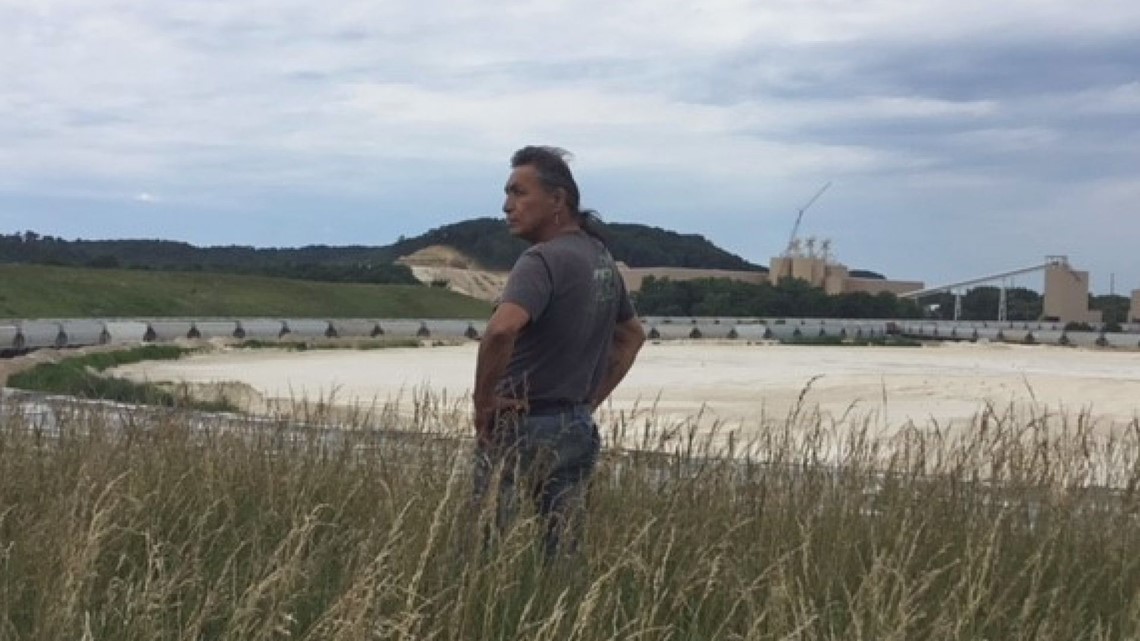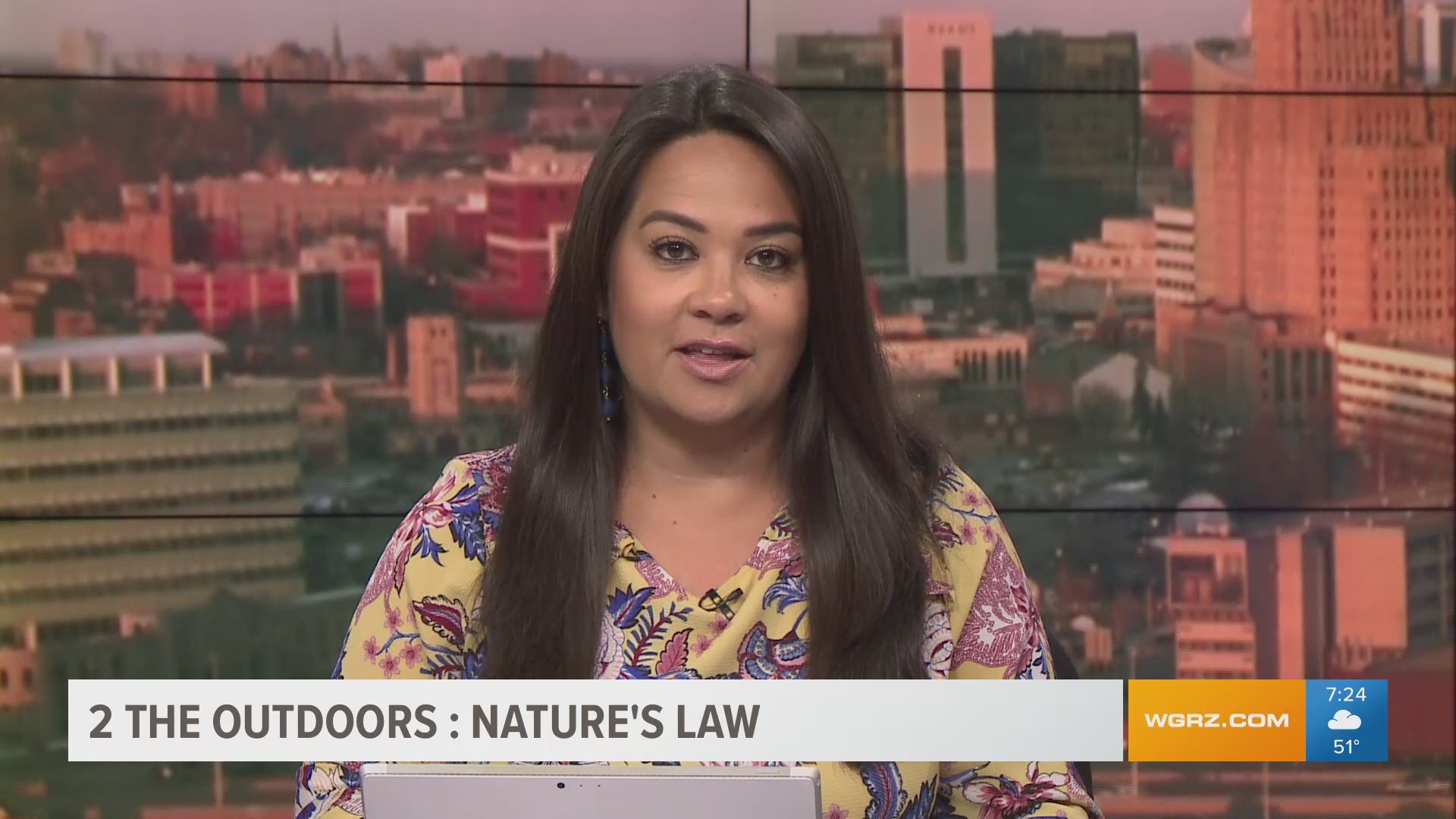In our society, we have endowed ourselves with many rights considered inherent, and fundamental. We've even given corporations rights, providing them with actual personhood. But we have never granted Mother Nature any of those same rights.
We have had the freedom to exploit the planet with no worry of legal recourse. Recently though, that has begun to change.
Laws for the Rights of Nature to Exist are becoming a global movement, riding a wave of concern that we may have pushed the planet to the brink. The Community Environmental Legal Defense Fund, based in Mercerburg, P.A., is at the forefront of this important movement.
Ben Price is their National Organizing Director, who says, "The forest, the river, the ecosystem, has no rights that are seen by the law. Which means in a community where there is say, a large landowner let's say, or a mining company, whatever it might be, that the owners of the mineral rights or the forest, whatever it might be, they may destroy that ecosystem."
The new model recognizes in law the rights of Nature itself to exist and thrive, free from human violation. This provides communities with an effective defense against those that seek to exploit their environment.The precedent was set in 2006 by the small burrough of Tamaqua, Pennsylvania. The town blocked an attempt at mining reclamation, which would have used toxic waste to fill in pit mines.
"When that happened," explains Price, "it became the very first law on the Planet Earth that recognized legally enforceable rights for ecosystems."
Since then, the law has spread like wildfire across the world, from Ecuador to New Zealand, and many communities in the U.S. First Nations people across North America have also worked to adopt such laws.
The Ho Chunk Nation of Wisconsin is currently in the process of adding it into their tribal constitution, as they've been fighting damaging sand mining in their region.
Rekumani is a Ho Chunk tribal member who has been instrumental in moving the law forward, who says "We are not better than the trees, the water there, so I actually looked at it that way and started thinking, instead of going forward and follow the U.S. constitution and making it their way, I wanted to make it the way it used to be, so I started to look backwards instead of forward."


That means looking back to the way Native people have always viewed our Mother, as a sacred gift, not a commodity. Rekumani explains, "Kind of like an old philosophy, the Natives said that was was in there was supposed to be sacred and should be left there. "
Jay Toth, Seneca Nation Tribal Archaeologist, agrees. "For fifteen thousand years, you know, Native people have been tied to the land, the culture reflects the land, your livelihood depends on it."
For the law's roots to grow deep, Rekumani believes it must be nourished by all of us. "The people have the process, and Democracy still lives. But we actually have to be out there, and be part of it."
Toth adds, "The old saying among the Iroquois was, when you make decisions you need to make them for the next seven generations, for future generations. None of these decisions are made in American culture, taking into consideration future generations."

